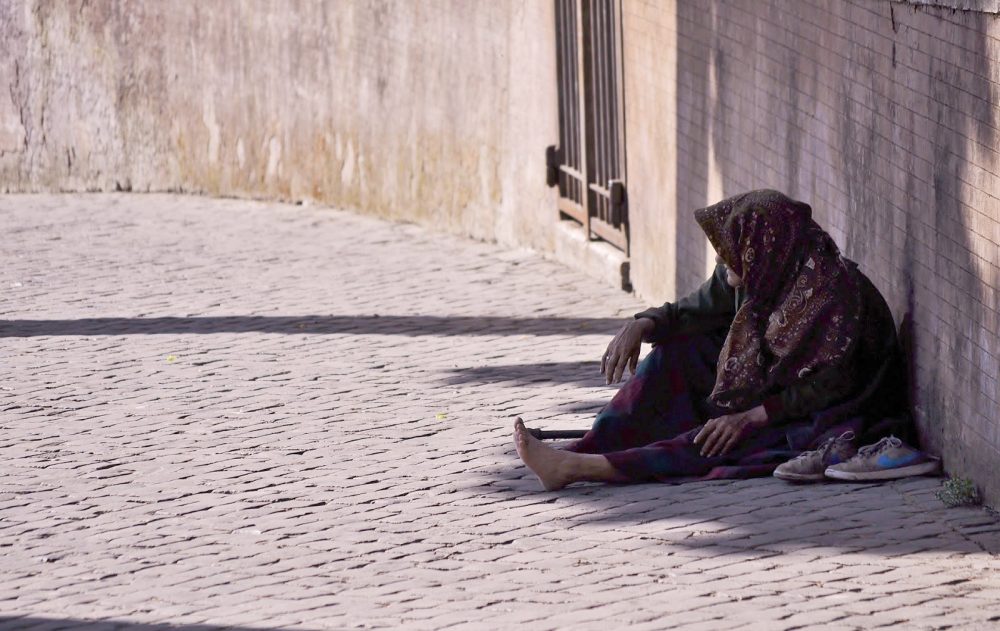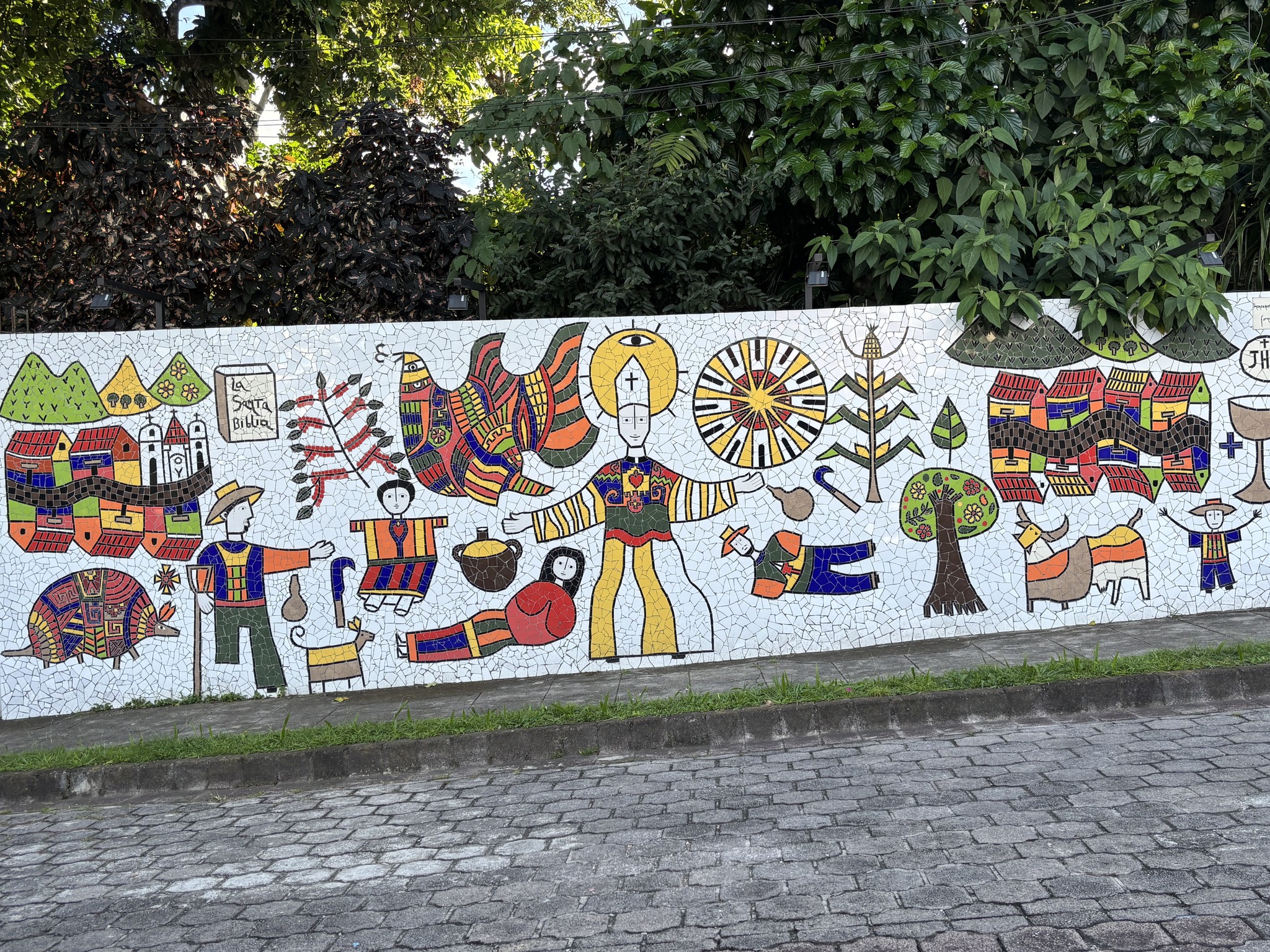Fr Paolo Consonni, MCCJ
The story of the rich man and Lazarus (16:19-31), which will be proclaimed this Sunday, narrates a drastic reversal of fortune, spiritually. In his lifetime, the rich man pompously displayed his wealth with expensive clothes and sumptuous feasts. Lazarus, however, lived as a beggar, lying unnoticed at the rich man’s gate. After his death, Lazarus is carried away to a place of honor together with Abraham. By contrast, the rich man finds himself in a place of eternal torment.
Reading deeper into the parable, St. Augustine commented that Lazarus did not receive a reward only because of his poverty, just as the rich man did not receive punishment only because of his richness. Moral attitudes and choices determined their final situation: humility in the case of Lazarus, pride and lack of charity in the case of the rich person (Sermon 113A). However, it is undeniable that the parable clearly indicated that the destiny of these two individuals after death was very much tied to their experiences of wealth and poverty in their lives.
The issue is truly relevant nowadays. All the major economists agree that the world is facing a surge in economic inequality, accelerated by COVID-19 and exacerbated by the impact of the war in Ukraine. The world’s 10 richest men have doubled their fortunes since the global health emergency began, while the income of 99% of humanity is worse off as a result. In the past three years, more than 160 million people have been pushed into poverty. The gap between the rich and the poor is widening at an alarming rate.
I find it interesting that we find a “gap,” an abyss, between the two protagonists at the center of the parable too. Abraham told the rich man: “Between you and us a great chasm has been fixed, so that those who might want to pass from here to you cannot do so, and no one can cross from there to us” (v.26).
I have a feeling that this abyss between the rich man and Lazarus is not of God’s own making for the afterlife. The rich man might have created this chasm by himself, with his own hands, one handful at a time, one choice after another, through his lack of compassion, insensitive ostentation, and blatant injustice in using his wealth and position during his lifetime. This man must have become so used to ignoring others, whom he probably – consciously or unconsciously – exploited to expand his wealth, that he became totally indifferent to Lazarus’ pitiful condition and the condition of the poor in general, as if their existence did not concern him nor summon him to a greater responsibility.
No one is born insensitive, cruel, and unloving. We become like this through small choices. I read somewhere that Hitler’s hate for certain categories of people might have started when, as a young painter, he unexpectedly failed the entrance exam of the Academy of Fine Arts in Vienna. The decision to blame others for his failure became in the course of the years deeply rooted in his soul and eventually became the basis of the Nazis ideology of extermination of the opposition. Many disasters in our personal life and in society start with small steps leading down the wrong path. Bullying can escalate into wars. Small lies can slowly destroy marriages. Corruption can bring down entire economies. And lack of care for those who are suffering can lock our souls into a hell of selfishness and isolation.
The rich man’s request to alleviate his torment indicates that even after death he has no sense of self-awareness and repentance, and he still considers others as objects to serve his own needs: “Send Lazarus to dip the tip of his finger in water and cool my tongue; for I am in agony in these flames,” he tells Abraham. He is simply unwilling to change his mentality. The parable underscores what the Church has always taught: death puts an end to human life as the time open to either accepting or rejecting the divine grace manifested in Christ (CCC 1021). This is a reminder to become more open to God and others in our own lifetime, upholding justice, generosity, and solidarity (which are not optional!) because, as St. John of the Cross famously said, “At the evening of life, we shall be judged on our love.”
The tradition of the Church also sees in the poor man, Lazarus, a foreshadowing of Christ, who died unrecognized, covered with wounds, outside the door to Jerusalem. After His death, Christ too descended into Hades, the realm of death, to evangelize the dead and make them alive in the Spirit.
For those who are open to listen to Christ’s voice, the chasm can indeed be filled by His redemptive love. But if we live focused solely on our own interests and pleasure at the expense of others, like the rich man in the parable, we will be unable to exit the hell we build with our own hands, and cross the abyss which runs deep into our own heart. Better make some changes now, while we can.


 Follow
Follow


